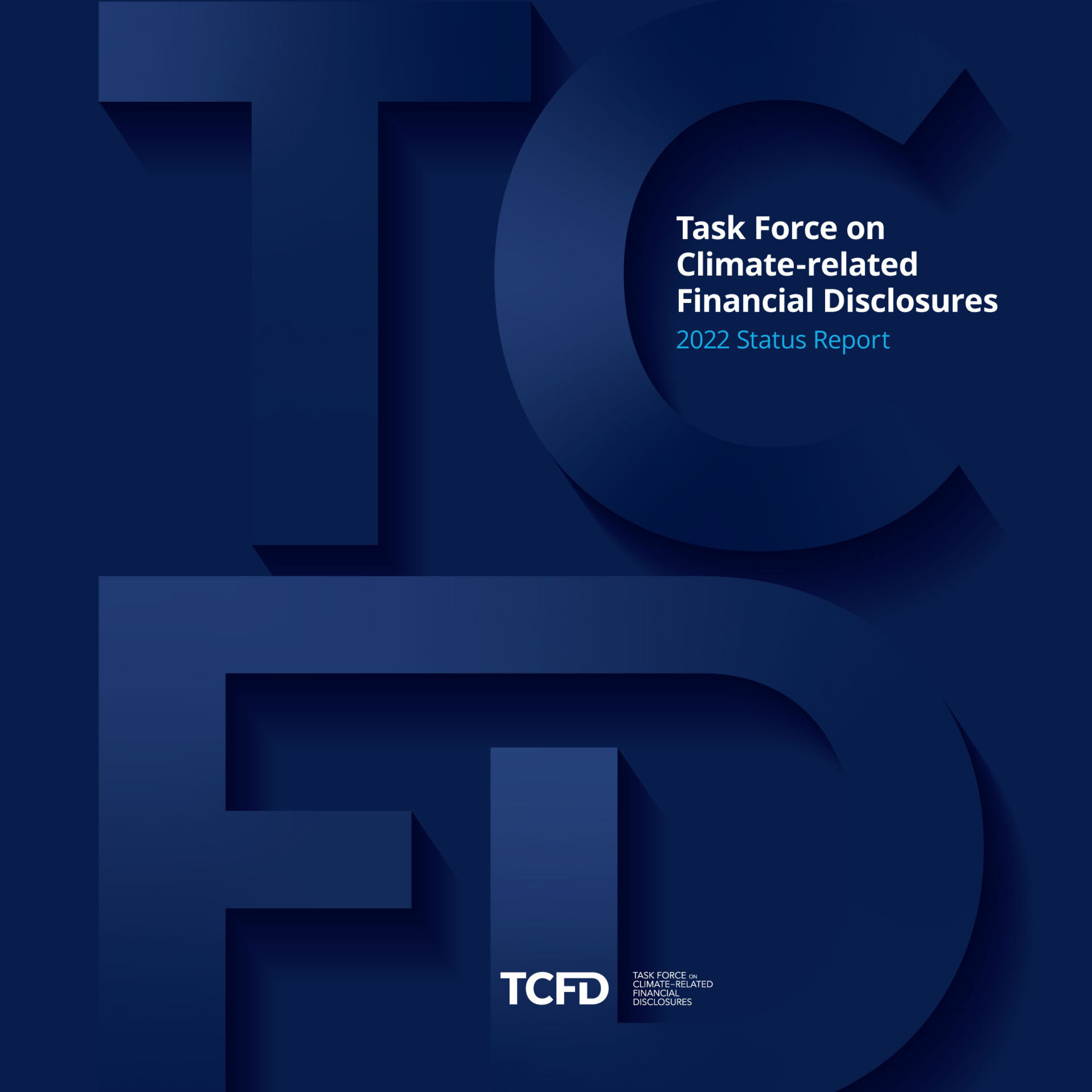CDP & ESRS Alignment Comparison: Climate Transition Plans
/While the CDP questionnaire shares significant commonalities with the EU’s ESRS E1 climate standard, additional steps may be needed to ensure complete compliance. In this article, we systematically compare the CDP questionnaire with ESRS E1 requirements, focusing specifically on Climate Transition Planning.
Read More


























